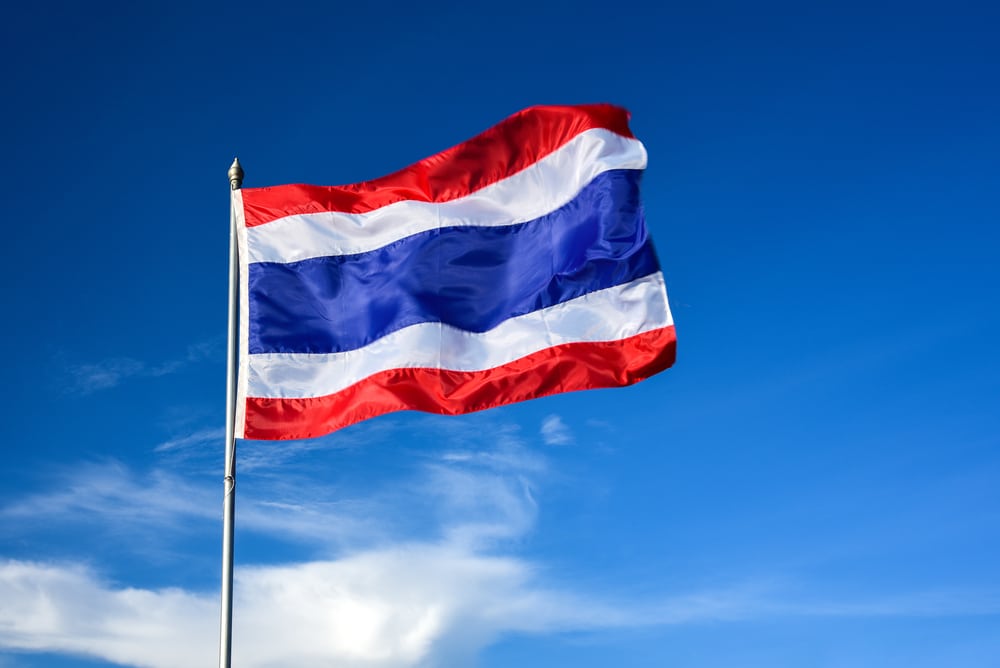
Thailand Blocks Unregistered Crypto Exchanges to Avoid Online Crimes
The government of Thailand is cracking down on the local crypto sector. The article noticed that the decision of the nation to impose a ban on unregistered crypto exchanges was fashioned after India and the Philippines. The Asian nations decided to impose a ban on any foreign exchanges that did not comply with regulatory requirements.
In the same vein, the authorities in Thailand are working on blocking unregistered crypto exchanges that are operating in the nation. These measures are part of the plan of the nation to discourage money laundering and other financial crimes.
The Securities and Exchange Commission (SEC) of Thailand has noticed that a slew of unregistered crypto trading platforms are reported to the Ministry of Digital Economy and Society.
This order was communicated to the public by the SEC Secretary General. He was speaking at the Technology Crime Prevention and Suppression Committee on 19th April.
Thailand intends to block unregistered firms from offering trading services in the region as part of the off-shore trading platforms that have failed to fulfill the local regulatory requirements.
Thailand SEC Asks Investors to Withdraw Funds from Unlicensed Exchanges
The Securities and Exchange Commission of Thailand has issued a notification for investors to withdraw their funds from unlicensed trading platforms. The agency stated that it is best for investors to withdraw their funds before the ban goes into effect. The public notification issued by the federal agency stated the following message for the investors.
The SEC is issuing a warning to the public and investors to beware of using services of unlicensed digital assets. The agency noticed that unregistered firms are not protected under the law. Therefore, investors have the risk of tricking by the scammers and getting caught up in illegal financial activities such as money laundering.
The Thai SEC also directed the denizens to check for the registration status of a firm on the official website of the agency. In this manner, the investors will be able to ensure their safety and security before investing any money.
The search result of the term Binance indicated that the firm had not applied for registration and needed to be shut down before the ban goes into effect.
Top Unregistered Exchanges in Thailand
Some of the other trading platforms that are also not registered in the region are OKX, KuCoin, Kraken, and Coinbase among others. As per the data projections facilitated by the government of Thailand, the account holders on these platforms need to withdraw funds until these platforms have applied for the registration. Meanwhile, regulatory pressure on investors in the EU is also mounting up.
As per the article, the DeFi projects in the region are set to experience a ban or exodus in the wake of the upcoming MiCA. MiCA is a regulatory framework that provides regulatory guidelines for cryptocurrency services providers in the region and set to go into effect in December 2024.
The EU government has set up a commission that is required to submit a report by 30th December about decentralized finance and the viability of specified regulations.
Rune Chritensen, the co-founder of MakerDAO, noticed that these rules offer DeFi interfaces to apply for registration with the regulatory agencies. It means that the DeFi frontend will seize as normal domains while only local, downloaded frontends, and fully decentralized, or full KYC frontends will be allowed.
Indian Startup DePIN to Bring Internet Connectivity to the Masses
One of the contemporary nations of Thailand, India is set to launch a DePIN project called Wifi Dabba. The project is set to activate the second round of DePIN devices connected to the Solana network and enjoin millions of users to the internet.
DePIN or decentralized physical infrastructure network project called Wifi Dabba is set to launch more than 100,000 devices to local consumers with a motto to connect the unconnected.
The project has noticed that broadband connectivity in India is lower than expectations despite its 1.43 billion citizens. Wifi access is limited to only 30 million citizens and the upcoming deployment is going to be the second time the firm will issue the DePIN-connected devices.
CEO Karam Lakshman has noticed that most provide focus on tier 1 and tier 2 cities which means decades to bring internet connectivity to the entire nation. The executive noticed that as 5th largest economy and 2nd biggest crypto hub the nation is at the forefront of economic growth and technical innovation.




